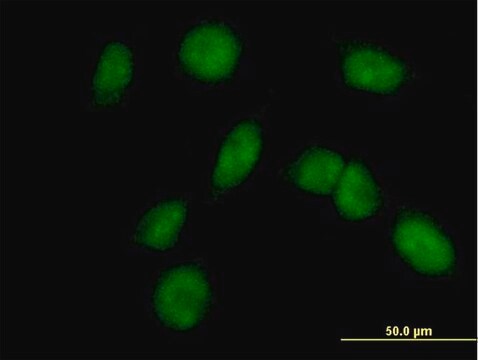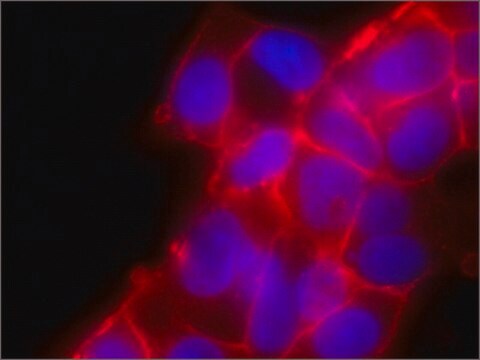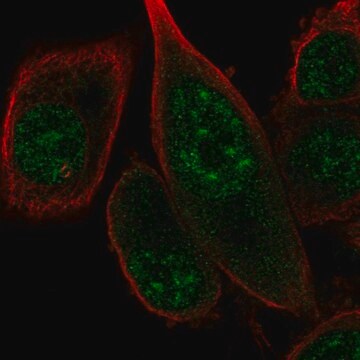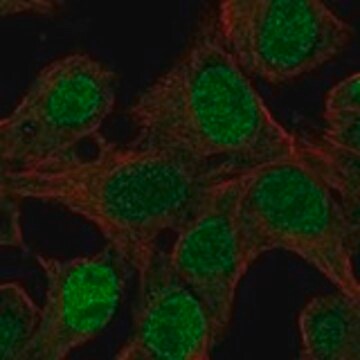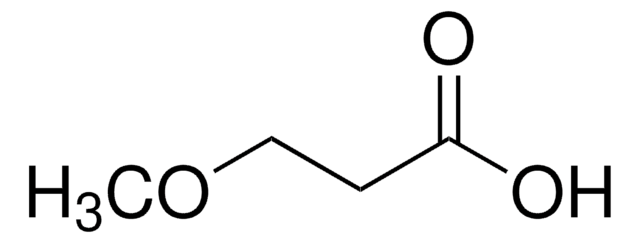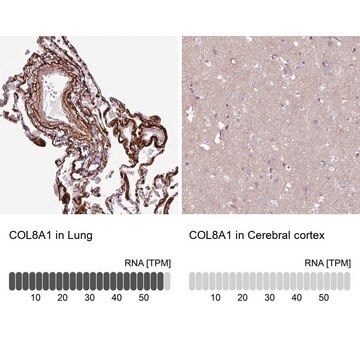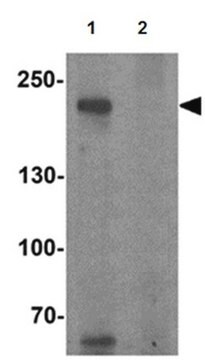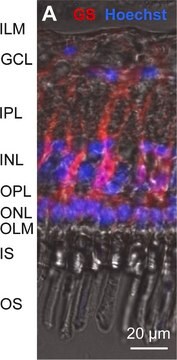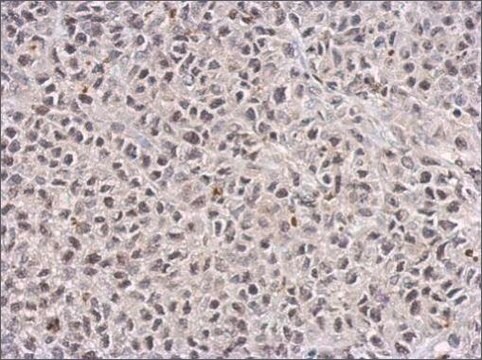MABC545
Anti-FANCM Antibody, clone CV5.1
clone CV5.1, 0.5 mg/mL, from mouse
Sinonimo/i:
Fanconi anemia group M protein, Protein FACM, ATP-dependent RNA helicase FANCM, Fanconi anemia-associated polypeptide of 250 kDa, FAAP250, Protein Hef ortholog
About This Item
Prodotti consigliati
Origine biologica
mouse
Livello qualitativo
Forma dell’anticorpo
purified immunoglobulin
Tipo di anticorpo
primary antibodies
Clone
CV5.1, monoclonal
Reattività contro le specie
human
Concentrazione
0.5 mg/mL
tecniche
immunocytochemistry: suitable
Isotipo
IgG1κ
N° accesso NCBI
N° accesso UniProt
Condizioni di spedizione
wet ice
modifica post-traduzionali bersaglio
unmodified
Informazioni sul gene
human ... FANCM(57697)
Descrizione generale
Immunogeno
Applicazioni
Epigenetics & Nuclear Function
Apoptosis - Additional
Qualità
Immunohistochemistry Analysis: A 1:100 dilution of this antibody detected FANCM in A431, HeLa, and HepG2 cells.
Dylight® is a registered trademark of Thermo Fisher Scientific.
Descrizione del bersaglio
Stato fisico
Stoccaggio e stabilità
Note legali
Esclusione di responsabilità
Non trovi il prodotto giusto?
Prova il nostro Motore di ricerca dei prodotti.
Codice della classe di stoccaggio
12 - Non Combustible Liquids
Classe di pericolosità dell'acqua (WGK)
nwg
Punto d’infiammabilità (°F)
Not applicable
Punto d’infiammabilità (°C)
Not applicable
Certificati d'analisi (COA)
Cerca il Certificati d'analisi (COA) digitando il numero di lotto/batch corrispondente. I numeri di lotto o di batch sono stampati sull'etichetta dei prodotti dopo la parola ‘Lotto’ o ‘Batch’.
Possiedi già questo prodotto?
I documenti relativi ai prodotti acquistati recentemente sono disponibili nell’Archivio dei documenti.
Il team dei nostri ricercatori vanta grande esperienza in tutte le aree della ricerca quali Life Science, scienza dei materiali, sintesi chimica, cromatografia, discipline analitiche, ecc..
Contatta l'Assistenza Tecnica.